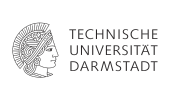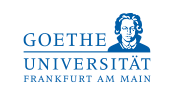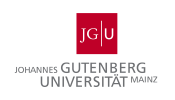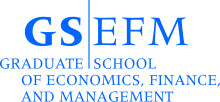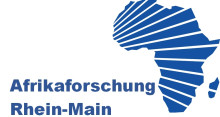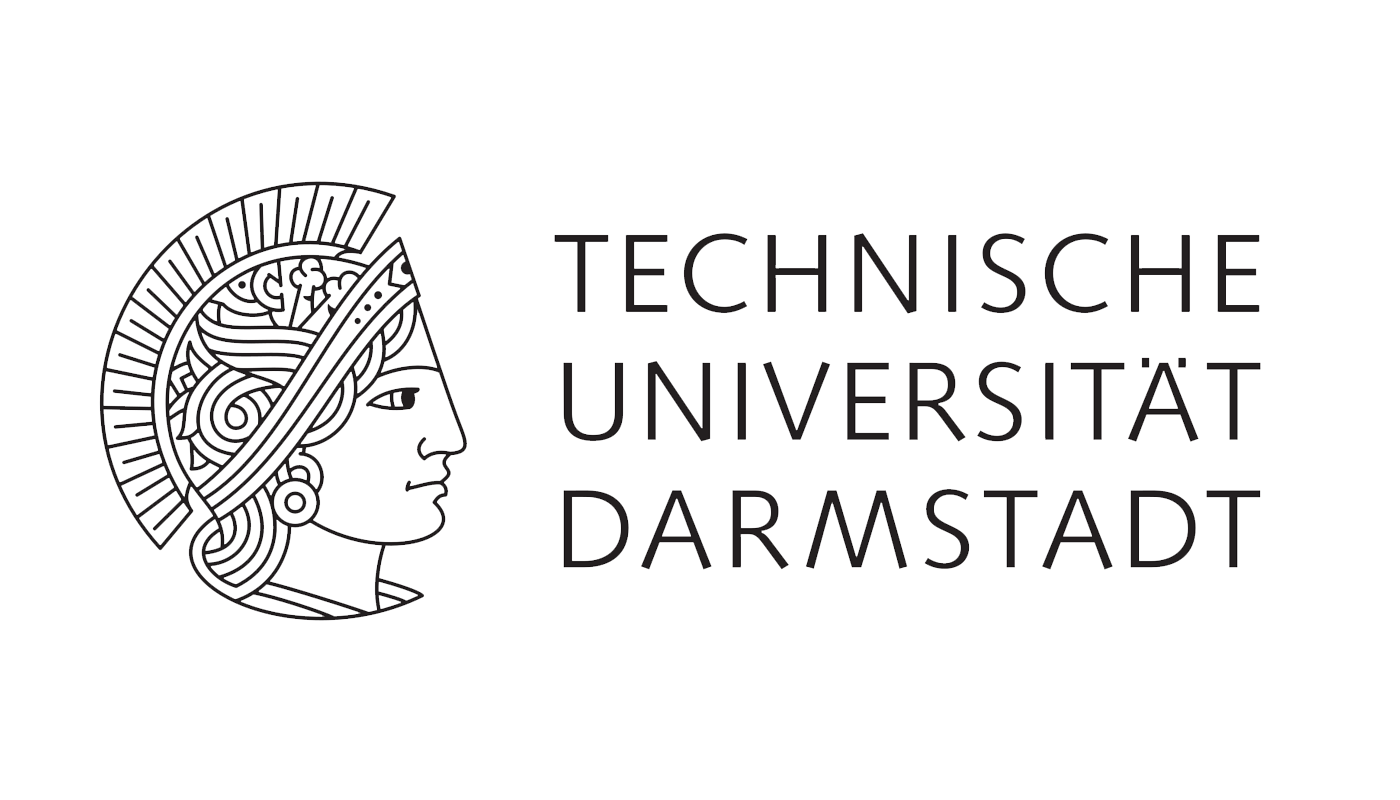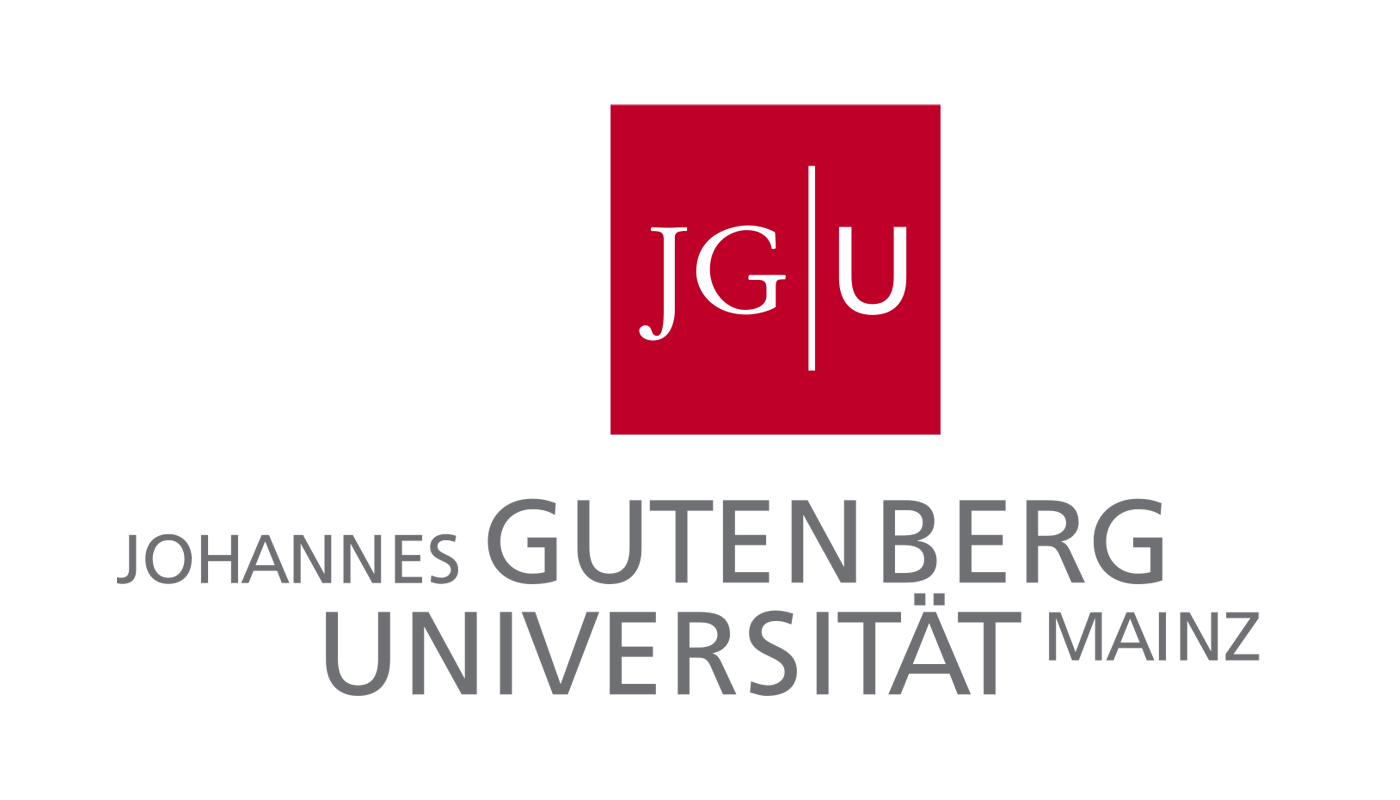Verbund Archäologie Rhein-Main

Excavations, exhibitions, a range of study programs, lectures, conferences, workshops, publications - there is a broad and varied spectrum of archaeological activities in the Rhine-Main area. The Verbund Archäologie Rhein-Main (VARM) (Archaeology Network Rhein-Main), which was established in 2015, pools these activities and, for the first time, offers classical scholars in the Rhine-Main area a shared platform for trans- and interdisciplinary exchange and joint research. The focus is not only on archaeology in the Rhine-Main area, but also on the research of all partner institutions taking place virtually all over the world.
Within the network, its cooperation partners support each other in their various activities in research, teaching and communicationg archaeology. VARM also coordinates various working groups with interdisciplinary participants and organizes workshops and conferences. Its aim is to further sharpen the profile of the existing innovative top level research in classical studies in the Rhine-Main area and to further promote the science location Rhine-Main.
The Verbund Archäologie Rhein-Main (VARM) is supported by various institutions, namely the Rhine-Main Universities in Mainz, Frankfurt and Darmstadt, the Leibniz-Zentrum für Archäologie in Mainz (LEIZA), the Romano-Germanic Commission of the German Archaeological Institute in Frankfurt am Main and the monuments offices of the federal states of Hesse and Rhineland-Palatinate. The partners complement each other perfectly and will initiate new projects together that can only be realized within the network.

